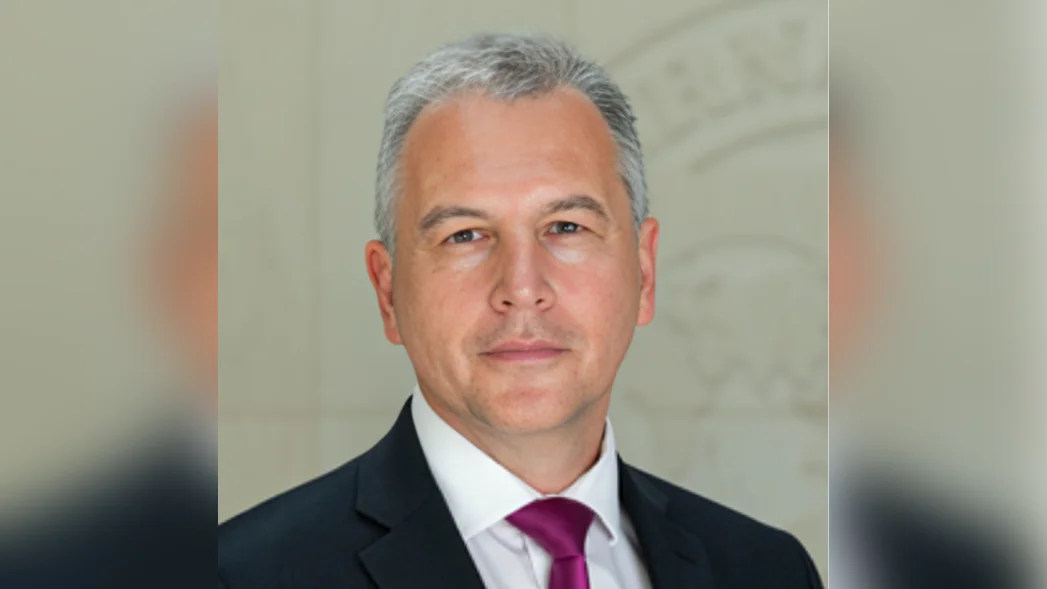An International Monetary Fund (IMF) mission, led by Ruben Atoyan, conducted discussions in Rwanda from March 24 to April 4, 2025, as part of the fifth review under Rwanda's Policy Coordination Instrument (PCI). The IMF team and Rwandan authorities focused on policy priorities and progress on economic reforms. The IMF Board is expected to consider the conclusions of this review in May 2025.
Ruben Atoyan provided insights into Rwanda’s economic performance, stating, "Notwithstanding challenging environment, Rwanda's economy grew by 8.9 percent in 2024, driven by strong services, construction, and food crop production." He also noted stabilization in inflation, recovery in coffee exports despite a widened current account deficit, and significant external support reflected by high international reserves covering several months of imports.
Macroeconomic policies aligned with program objectives under the PCI, achieving all quantitative targets. Key reforms completed include domestic revenue mobilization enhancement, fiscal risk assessment for state-owned enterprises, and the implementation of a corporate governance code. Full measures to enhance interbank market efficiency are anticipated to be operational by the review's conclusion.
Atoyan warned of potential risks impacting Rwanda’s outlook, such as geopolitical and trade fragmentation, global price volatility, and regional conflicts. These could strain fiscal resources and external financing, especially given Rwanda's reliance on rain-fed agriculture.
The newly approved tax package is viewed as instrumental in raising the tax-to-GDP ratio, but the cost of the Bugesera airport construction could heighten debt pressures. To address potential debt vulnerabilities, authorities plan careful investment prioritization and improved fiscal risk management.
Rwanda's monetary policy is expected to stabilize inflation while exchange rate flexibility will allow adaptation to external shocks. Advancements in the foreign exchange intervention framework are also on the agenda.
Following the completion of the December 2024 Resilience and Sustainability Facility, further institutional reforms are planned to secure climate financing and support the RSF. The IMF mission expressed appreciation for the collaboration with Rwandan authorities and reiterated support for Rwanda's economic reforms.

